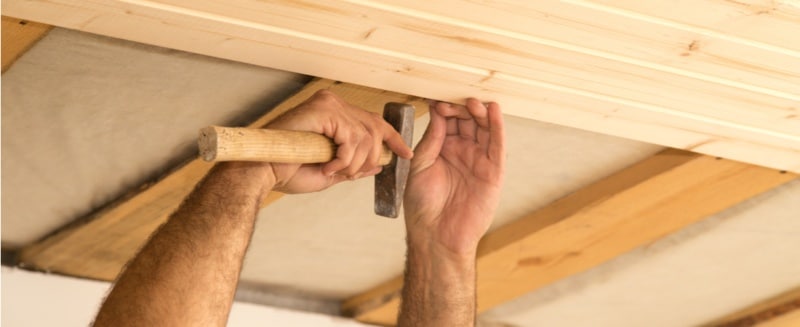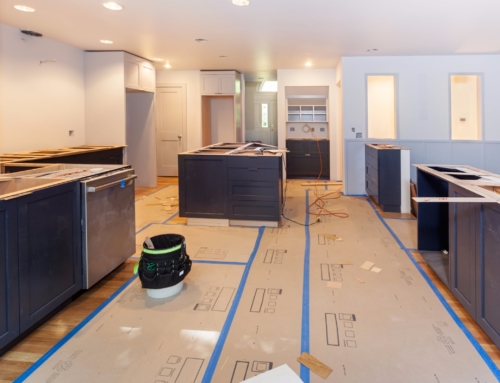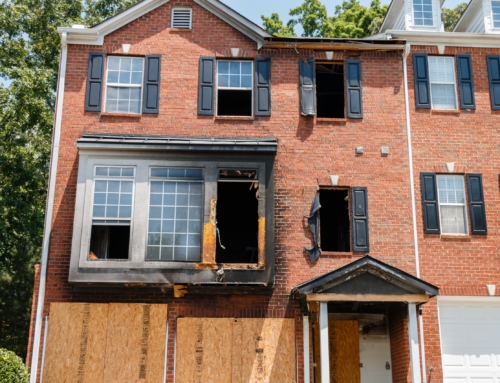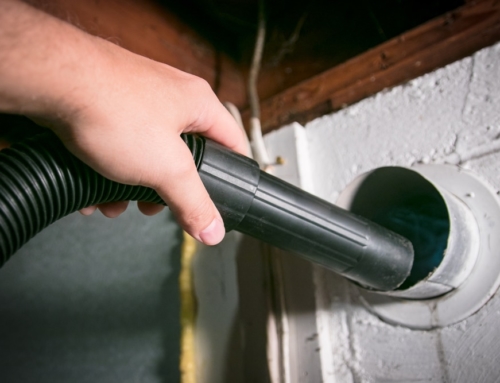Home improvement projects can be financed in different ways. The best options depend on if you want to refinance or use your savings.
Q: I have about $30,000 in savings and want to finish my basement. Would it be best to use the cash I have in savings to pay for it or should I try to finance it? I also have a 5.5 percent rate on my mortgage and am currently 2 years into it. Should I try to refinance and get an equity line of credit? What is my best option?
A: The good news is you have options. But you’re mixing up different financial techniques without a clear understanding of which option would be better to pursue.
First, you currently have a mortgage on your home and paying about 2 percent or more above where mortgage rates are today. Is that because you didn’t put down enough cash? Is it because your credit wasn’t perfect? If you plan to stay in your home for some time, you’d be wise to lock in a lower mortgage rate today. Even if you want to continue to make the same amount of payments in the future to pay off your loan earlier, refinancing your mortgage would allow you to pay off your loan years earlier and save quite of bit of money in the process.
Another key to refinancing your current mortgage is to make sure your closing costs stay relatively low. Depending on where you live, your closing costs might be around $1,500. In some states, these costs may be higher and in others lower. In essence, you’d like to keep the costs of refinancing low and you should be able to recoup the costs of refinancing over the next 6 to 8 months.
It would do you no good to refinance your loan into a lower rate loan, receive lower monthly payments but find out that it would take you 10 years to recoup the costs of refinancing. That may be an extreme example, but if your loan amount is $40,000 and you find out that the closing costs on your loan are $5,000 with monthly savings on your loan of $50 per month, it will take you 100 months to recoup your closing costs.
That may be an extreme and unlikely case, but it points out the fact that your monthly payment is only one factor that should go into deciding whether a refinance deal is good for you or not.
If you decide to refinance, then the next issue is deciding whether you want to use up your cash on the renovation or do a “cash out” refinance, and take out a larger loan when you refinance. One major factor that will limit your decision will be is the value of your home. Usually, you’ll only be able to get 80 percent of the value of your home in a refinance loan. In addition, some lenders may limit any cash out resulting from the refinance.
We’d like to see you talk to a mortgage broker, a mortgage lender and a local bank or savings and loan to talk to them about their loan products, fees and rates. You shouldn’t have to apply with these lenders to figure out what they’ll offer you. If you find one that you like with the right product for you, then you can then move forward with your refinance.
Should you use your savings rather than take out a bigger loan (assuming you can)? Some financial gurus would tell you that you should borrow today at these incredibly low interest rates with the expectation that you will repay that money back when interest rates and inflation are much higher. While all of that is true, other people might tell you that your $30,000 sitting in the bank earning no money is a loss because you’re not earning any interest on the money and you’d be better off putting that money to work and using that money to improve your basement.
While we respect both of these points of view, here’s another perspective: If you only have that $30,000 in cash, and it’s your entire life savings, then you shouldn’t spend all of it: Keep some cash on hand for emergencies or for other contingencies.
As you ponder your choices, make sure that you have started to save for retirement and other long term expenses. If you haven’t, start now. Any big financial plan should consider not only what you invest in your home, but also what you invest in yourselves now and in the future for retirement. You might find that you should scale back your basement plan a bit and use that money towards some of these long term goals.
[amazon_link asins=’1524763438,0812925319,0609809334′ template=’ProductCarousel’ store=’thinkglink-20′ marketplace=’US’ link_id=’54ae1cfc-31f7-11e8-bada-a52fe5384277′]







Leave A Comment